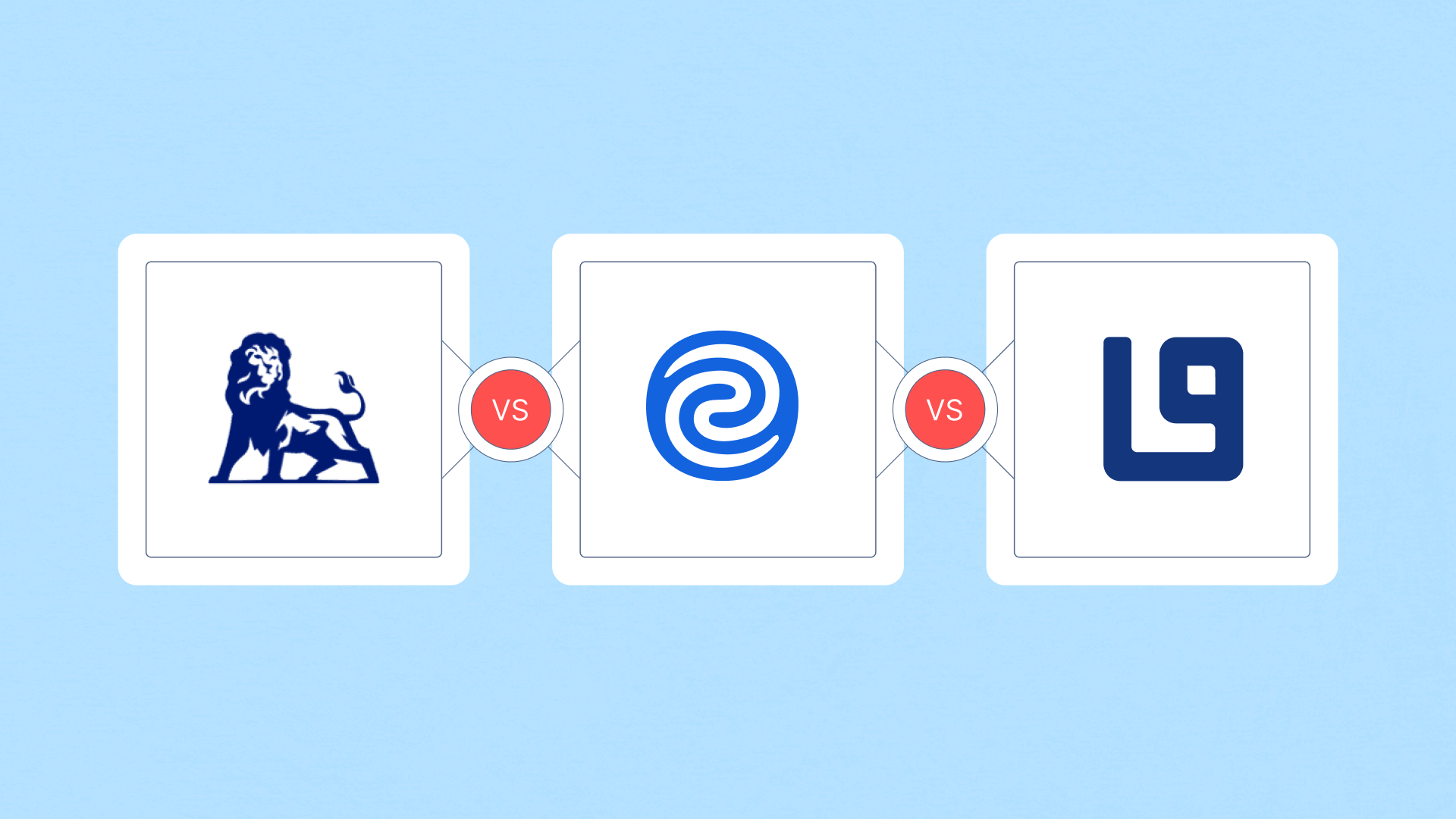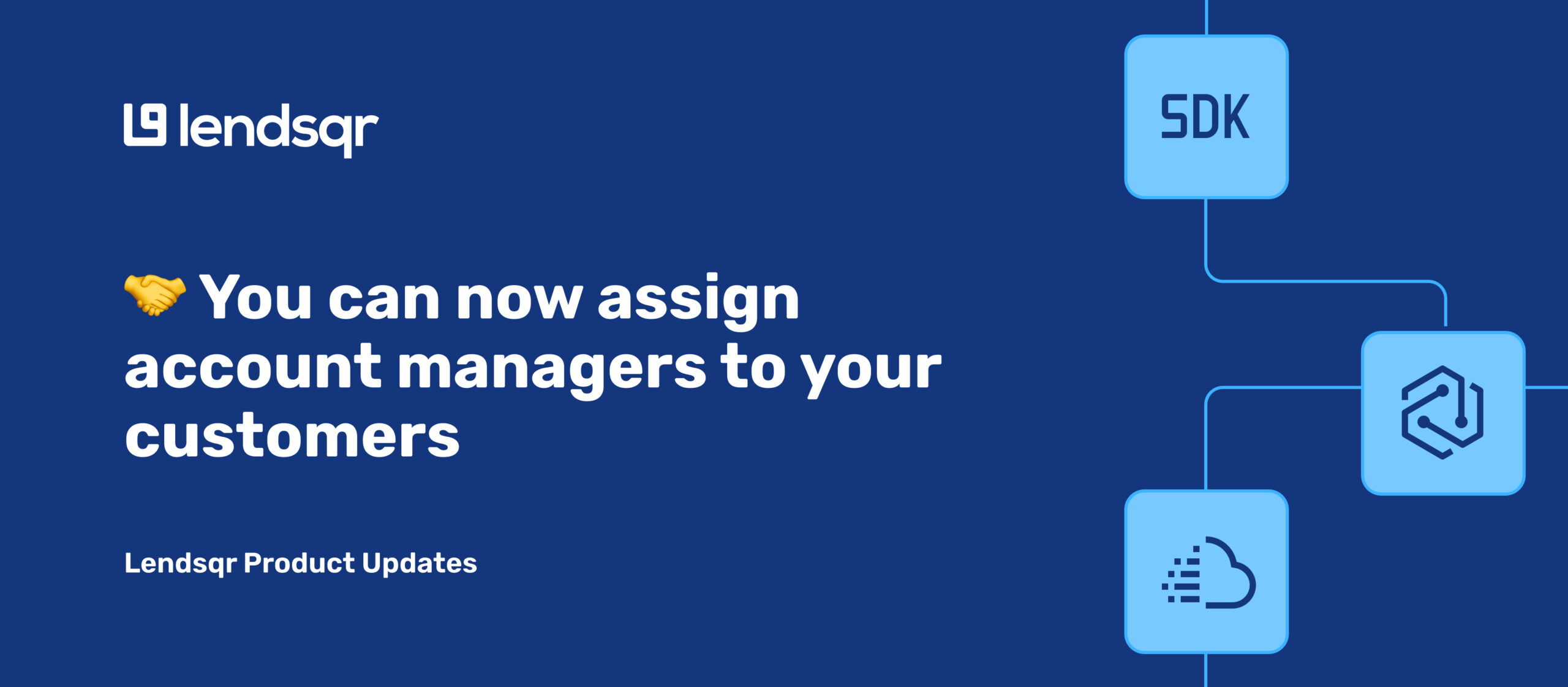Lidya vs Evolve Credit vs Lendsqr
After exploring each of these platforms thoroughly, here's how the Lidya vs. Evolve Credit vs. Lendsqr showdown turned out.
You can now assign account managers to your customers
We’ve made customer management more streamlined for you and your team. We’ve added an ‘Account Manager’ role to the admin console. Now, you can invite a team member, assign them as an account manager, and link them to a customer. T
BNPL vs. traditional lending: What works best in Zambia?
You’ve probably heard of Buy Now, Pay Later (BNPL) and traditional loans, but what’s the real difference?




